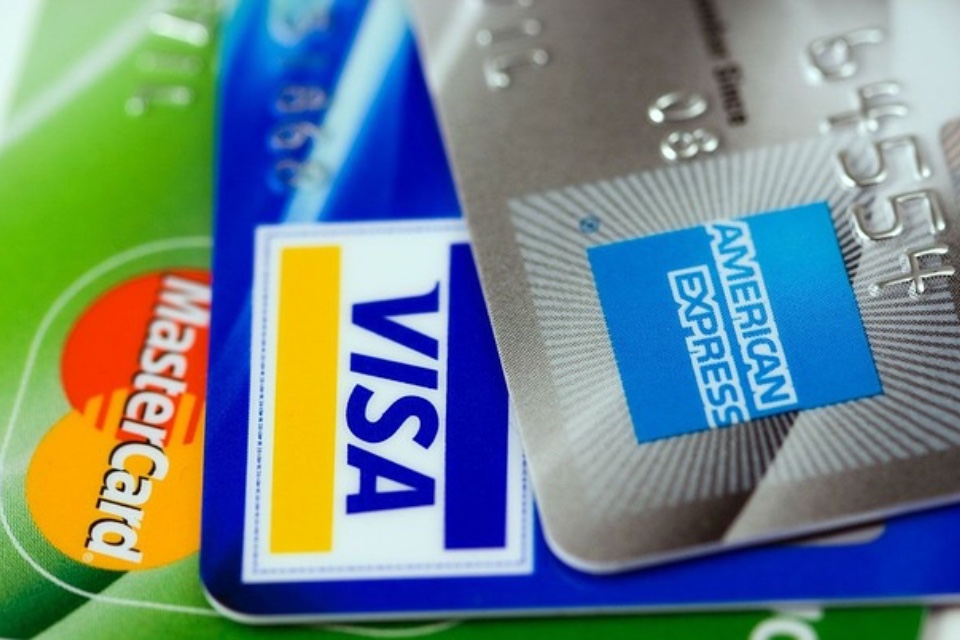Cross-border payments boom due to speed and reliability

Cross-border payments are becoming increasingly important to international economies, with around 63% of global consumers using international real-time payments (RTPs) services to send money to family and friends, while 51% use them only to pay for goods and services. That’s according to the 2024 Financial Services Consumer Survey conducted by GlobalData, which says the G20 roadmap […]
Top global payment companies generated $228bn in 2022

The global payments industry witnessed an exceptional 2022, despite the challenges posed by expansionary monetary policy, geopolitical uncertainties, pandemic-related supply chain disruptions, and a macroeconomic environment with heightened inflation and increased energy costs. That’s according to GlobalData, which says the top 20 public payment companies experienced a 15.5% increase in their top-line performance, reaching a […]
